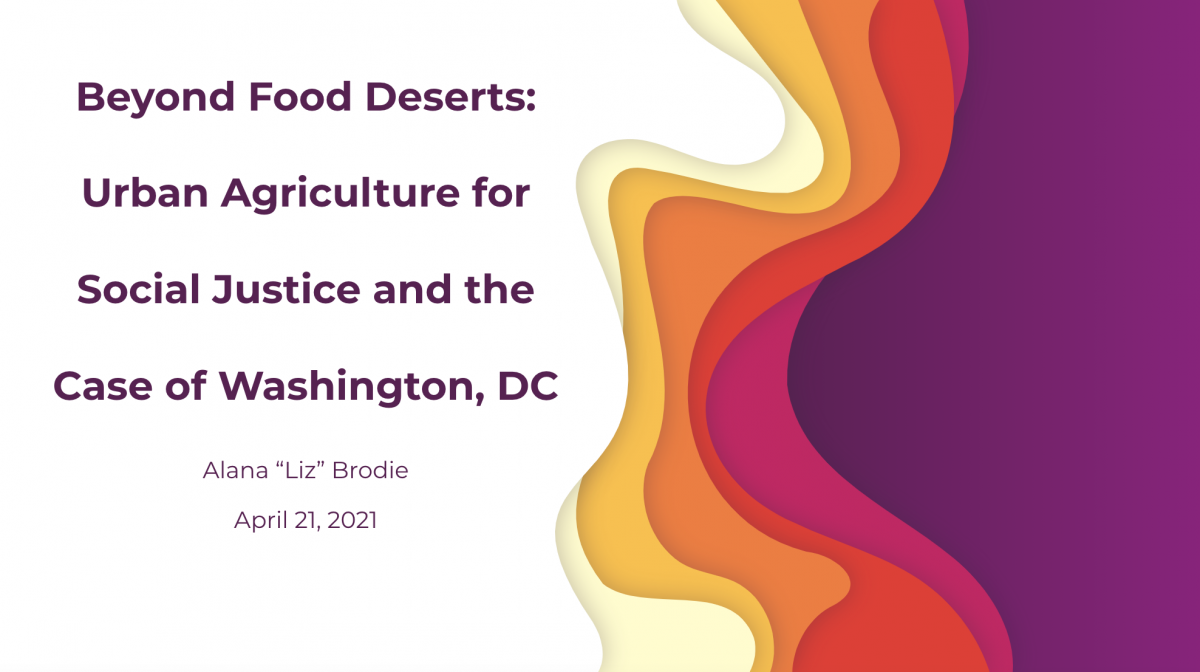Author:
Liz BrodieCo-Authors:
Institution:
Franklin & Marshall CollegeAbstract
For cities looking to create more sustainable food systems, utilizing urban agriculture is an attractive prospect. With the myriad of approaches to urban agriculture, however, understanding the distinct qualities of different agri-food approaches is imperative when deciding which approaches to prioritize and how to conceptualize their respective assets. The literature on urban food security often focuses on urban agriculture without adequate attention to the larger systems in which food is produced and consumed. I build upon existing literature that critiques the urban food movement and draw upon political ecology approaches that look at the deeper patterns and modalities of inequality in urban food systems. This paper contributes a novel typology of the approaches to urban food production and distribution through a critical political ecology lens. It examines the underlying forces of inequality with regard to how those approaches impact across racial and economic lines and considers time scales of those impacts. After establishing the typology of urban food production and analysis, this paper offers a case study of Washington DC The city has been heralded internationally for its approach to addressing food justice (Milan Urban Food Policy Pact, 2019) and still, DC has room for improvement. Centrally, this work argues that innovation and system level change is being achieved in the Washington DC context through individual and organizational initiatives, while significant policy gaps remain.

Leave a Reply